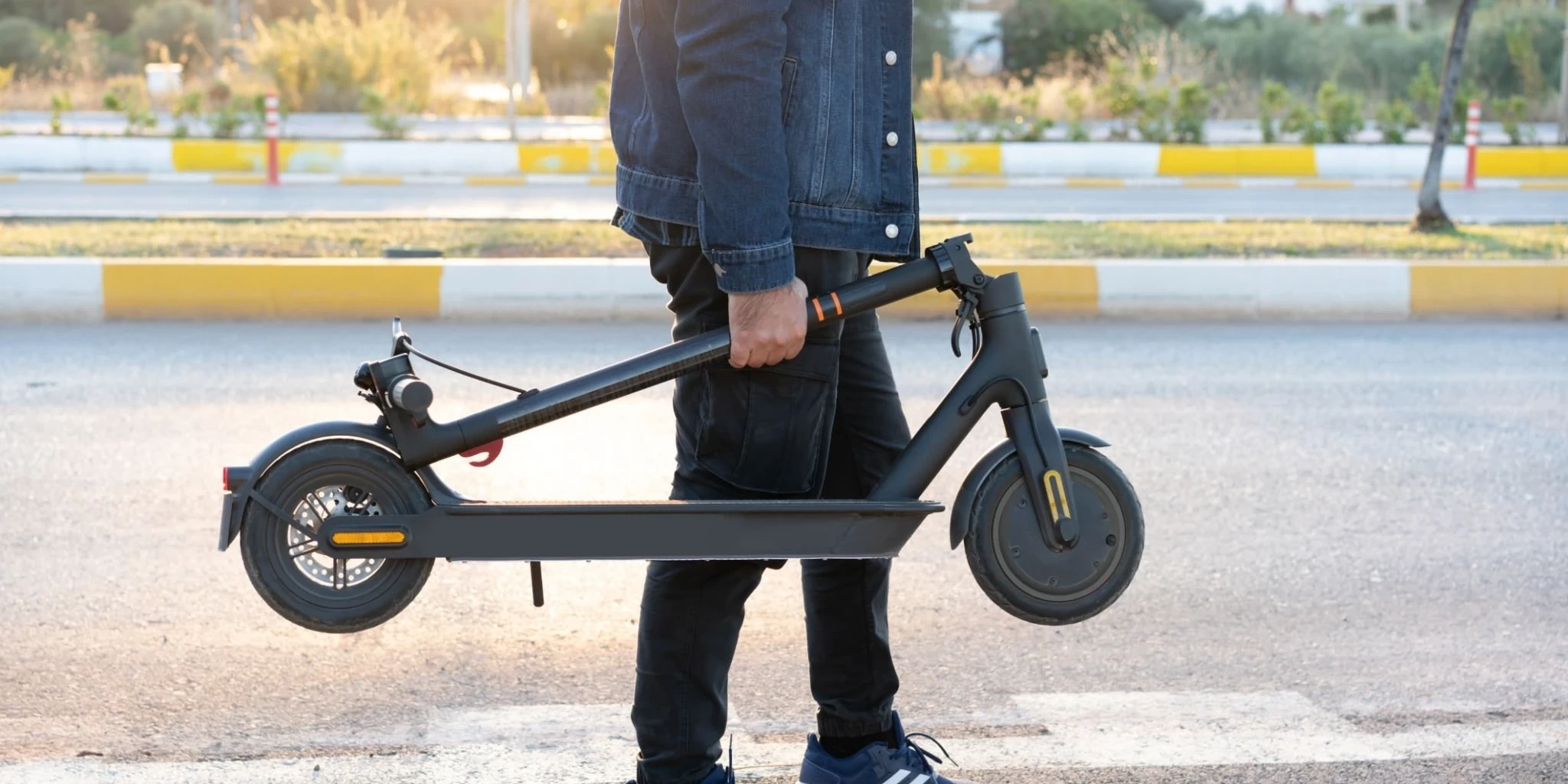Jump to:
With the rise of new technological advancements, transportation has become one of the most significant sectors impacted by innovation. Electric scooters (e-scooters) are becoming an increasingly popular mode of transport due to their ease of use, convenience, and affordability. E-scooters are an efficient and eco-friendly alternative to other means of transportation, such as cars and buses. They are highly convenient, especially in cities where traffic congestion has become a significant issue. E-scooter ridership has skyrocketed significantly over the past few years. However, the increase in e-scooter usage has led to concerns about their impact on the environment.
Environmental Impact Of E-Scooters
While e-scooters may seem an excellent solution for reducing dependence on gasoline-powered vehicles, they are not entirely environmentally friendly. The manufacturing process of e-scooters requires energy and resources, and the components used to manufacture e-scooters have their carbon footprints. Additionally, once the life cycle of an e-scooter ends, disposing of them becomes another challenge.

E-Scooters And Air Pollution
One of the significant environmental impacts associated with e-scooters is air pollution. While they significantly reduce the carbon footprint associated with transportation, e-scooters mainly contribute to particulate matter that arises from tire friction on road surfaces. When e-scooters are ridden on paved and unpaved roads, they produce dust, which can cause respiratory illnesses if inhaled over extended periods. Additionally, using e-scooters may increase traffic congestion, leading to increased levels of air pollution.
Impact Of E-Scooter Batteries On The Environment
E-scooters require batteries to operate. The batteries are usually made up of materials that can harm the environment if not disposed of appropriately. For instance, lithium-ion batteries, commonly used in most e-scooters, contain toxic chemicals that can leak and cause environmental harm. The disposal of batteries is another environmental concern associated with e-scooters. If the batteries are not appropriately disposed of, they can leak hazardous waste, harming humans and the environment.

Sustainability Specific To E-Scooters
One of the significant concerns regarding e-scooters is their overall sustainability. The question posed is whether they are sustainable forms of transportation, even thoprovidingative to traditional modes of transport. E-scooters possess several features that contribute to their sustainability. First, e-scooters are small and compact, making them an ideal form of transportation for short trips. Second, they do not require gasoline and produce zero emissions, making them a healthier environmental choice.
Waste Management For E-Scooters
The disposal of e-scooters has become a significant challenge that requires immediate attention. The sheer number of e-scooters that are discarded daily makes waste management an environmental issue that requires close attention. There are different waste management methods for e-scooters, but none appear sustainable. Recycling is the most common means of managing e-scooter waste. However, the practices used to recycle e-scooters are not fully sustainable.
Reducing The Environmental Impact Of E-Scooters
Reducing the environmental impact of e-scooters requires a collaborative effort between e-scooter companies, policy-makers, and riders. Riders must adopt environmentally conscious behaviours, such as avoiding e-scooters when other modes of transport can be used. Policy-makers can enact regulations that ensure that e-scooters are disposed of appropriately and that the resulting waste does not harm the environment.

Regulations And Policies For E-Scooters
The growth of e-scooter use has resulted in developing of policies and regulations to ensure sustainability. For example, some cities have introduced speed limits on e-scooters to curb their environmental impact. Governments have to adopt environmentally friendly policies aimed at encouraging the use of e-scooters. Additionally, e-scooter companies must develop sustainable waste management policies that ensure the environmentally safe disposal of their products.
Future Of E-Scooters And Sustainability
In the future, the use of e-scooters is likely to increase significantly. However, it is essential to establish a sustainable framework that ensures the environmentally safe use of e-scooters. This will involve using ecologically friendly materials in e-scooter manufacture and developing more environmentally friendly batteries. Additionally, e-scooter companies must establish waste management plans that ensure that scooters do not harm the environment.
E-scooters are transforming how people travel in cities. While they offer several benefits, they also significantly impact the environment. Therefore, the environmental challenges posed by e-scooters require a concerted effort from all involved parties to ensure that they become sustainable modes of transport. Adopting environmentally conscious behaviours, enacting regulations supporting ecologically friendly practices, and developing sustainable waste management practices will ensure e-scooters’ long-term sustainability.
Peaker
Meet Peaker, our suave electric scooter enthusiast from the charming streets of London. With a passion for sustainable urban mobility, Peaker navigates the world of electric scooters with a keen eye for style and efficiency. Whether he's zipping through the city or sharing his latest scooting adventures, Peaker is your go-to guide for all things electric and eco-friendly. Join him on the ride towards a greener, swifter future!





